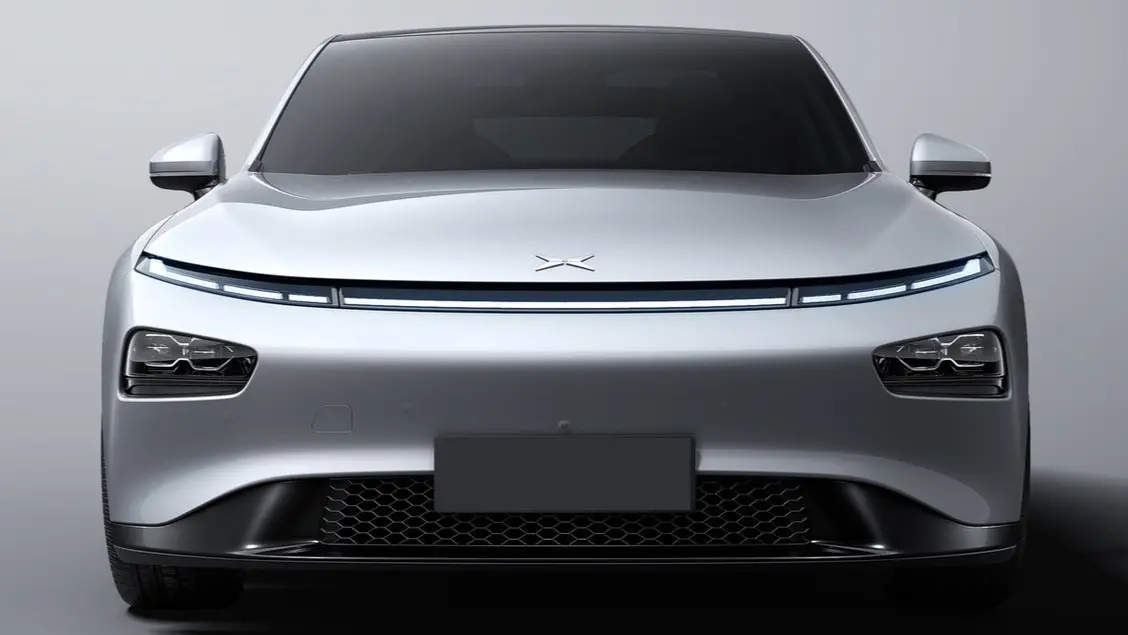Updated 17 April 2024 at 14:54 IST
Volkswagen teams up with Xpeng to develop cost-cutting EV architecture for China
This initiative follows a partnership established last year, where Volkswagen acquired a 4.99% stake in Xpeng for roughly $700 million.
- Automobile News
- 3 min read

Volkswagen electric car China: In a bid to regain market share and offer more affordable electric vehicles (EVs) in China, Volkswagen has announced the development of a new EV architecture with its Chinese partner, Xpeng.
China Electrical Architecture
This new architecture, dubbed the China Electrical Architecture (CEA), is designed specifically for the Chinese market and aims to achieve a significant cost reduction for locally-developed VW-branded EVs. Compared to its existing German-developed MEB platform, Volkswagen expects a 40 per cent decrease in manufacturing costs. This will be achieved by streamlining the number of control units and utilising a central computer with a sonal structure for controlling all electronic functions, including autonomous driving capabilities.
Tesla paves way for efficient architecture
This approach draws inspiration from Tesla's pioneering architecture, which utilises a similar central computer and zonal structure to minimise wiring and components, leading to a more efficient and cost-effective manufacturing process.
“In China, for China” strategy
"The fierce competition demands us to adapt our cost structure," declared Volkswagen Group board member and China chief, Ralf Brandstaetter. He further emphasised that the CEA represents a crucial step in their "In China, for China" strategy, accelerating the development of intelligent and connected vehicles specifically tailored for the Chinese market.
Advertisement
This initiative follows a partnership established last year, where Volkswagen acquired a 4.99 per cent stake in Xpeng for roughly $700 million. The collaboration extends to the joint development of two Volkswagen-branded EV models scheduled for launch by 2026. Previously, these models were planned to utilise Xpeng's G9 'Edward' platform.
Volkswagen is actively pursuing market share recovery in China after facing setbacks against surging local rivals. This collaboration with Xpeng, along with economies of scale and software collaboration, promises a 30 per cent reduction in both development time and costs. The first joint venture model, slated for release in 2026, will be an SUV.
Advertisement
Volkswagen lost its top-selling car brand position in China to BYD in late 2022. Their market share in China has dipped from 18 per cent in 2018 to just 14 per cent last year, primarily due to declining sales of combustion-engine vehicles.
To address this challenge, Volkswagen is focusing on expanding its EV product portfolio in China, specifically targeting the entry- and mid-level segments. This shift aims to make their offerings more competitive with the price points currently dominated by Chinese electric vehicle manufacturers.
Investment and Innovation
Volkswagen recently announced a €2.5 billion ($2.66 billion) investment in China to bolster production and innovation at their hub in Hefei, Anhui Province. These efforts, combined with the CEA development and Xpeng collaboration, demonstrate Volkswagen's commitment to regain its footing in the booming Chinese EV market. The price reduction of their ID.3 model by over $5,100, propelling it to become one of the best-selling EVs in China, exemplifies this strategic shift.
Published By : Sankunni K
Published On: 17 April 2024 at 14:54 IST
